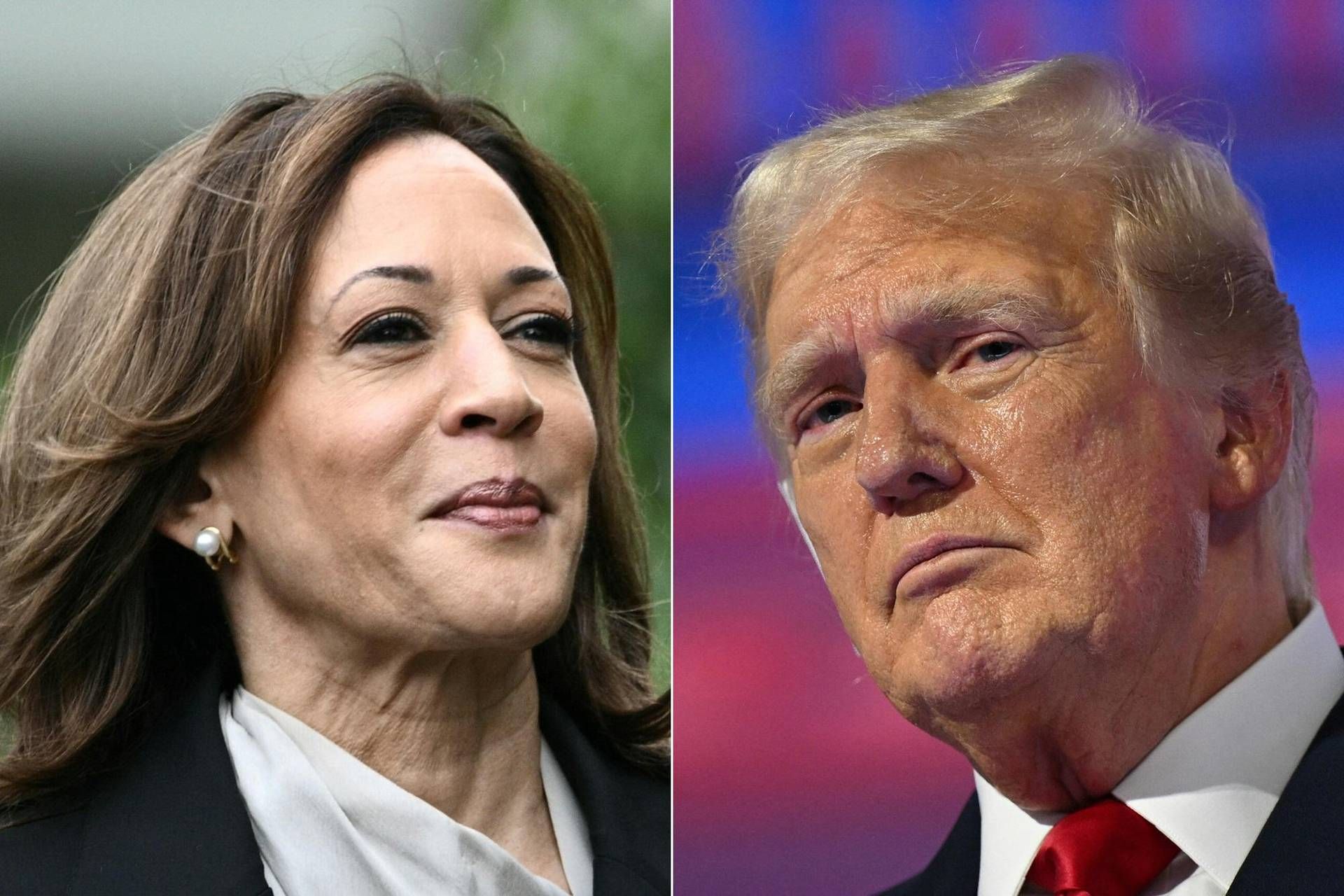The escalation of the conflict between Israel, Iran and the self-styled “Axis of Resistance” composed of Hamas, Hezbollah, Houthis and Shiite militias between Syria and Iraq, is having a significant impact on the US presidential campaign, particularly influencing foreign policy platforms of the two main candidates, Kamala Harris and Donald Trump.
Kamala Harris, the Democratic candidate, emphasized strong support for Israel, while supporting humanitarian aid to the Palestinians. Harris argues that Iran is a destabilizing force in the region and emphasizes the importance of maintaining US alliances, particularly with Israel, as they are critical to the stability of the Middle East. The Biden-Harris administration has been active in providing military aid to Israel, deploying additional U.S. forces to the region, and seeking to limit Iran’s influence through diplomatic and military measures. However, Harris urged caution, pushing for long-term solutions such as reviving negotiations towards a two-state solution.
Donald Trump, the Republican candidate, has a more aggressive position. He criticized the Biden-Harris administration’s handling of the situation, accusing it of weakness in dealing with Iran. Trump’s rhetoric was particularly scathing, declaring that Israel’s security would be in danger under a Harris presidency. He favors a “maximum pressure” approach to Iran, similar to policies implemented during his first term, which included sanctions and strong support for Israel. Trump has also expressed skepticism about the feasibility of a two-state solution, especially in light of the October 7, 2023 attacks.
Donald Trump and the electoral dividend
Trump’s tough approach to foreign policy, particularly in the Middle East, could give him a significant advantage among voters who prioritize national security and a strong defense of Israel. Trump has consistently criticized the Biden administration’s foreign policy, claiming it is too lenient towards Iran. His rhetoric aligns with that of many Republican voters who favor a more aggressive stance against Tehran and its proxies like Hezbollah.
Additionally, Trump’s stance targets the pro-Israel voting bloc, particularly among evangelical Christians and conservative Jewish voters, who have historically been key to his base. His criticism of Harris as soft on Israel and too focused on diplomacy has an effect on those who see Iran as an existential threat to Israel and believe that only a strong military response can deter its influence in the region. Trump’s previous efforts, such as moving the US embassy to Jerusalem and mediating the Abraham Accords, reinforce his image as a defender of Israeli interests.
Kamala Harris’ potential upside
On the other hand, Kamala Harris and the Democratic field could benefit from voters favoring a more measured approach to the Middle East crisis. Harris stressed the need for humanitarian aid in Gaza and diplomacy with Iran, while reiterating Israel’s right to defend itself. This call for balance – offering military support to Israel while supporting long-term peace solutions – is popular with progressive voters and moderate Democrats who fear the United States will be dragged back into the Middle East maelstrom.
Harris also has an opportunity to appeal to voters, particularly younger and ethnic minority voters, who are more sympathetic to the Palestinian cause or tired of a one-sided approach to foreign policy.
Who will win the battle of opinions ahead of November 5th
The outcome depends largely on the evolution of the conflict and how it will be framed by the media. If it escalates and the Biden administration is perceived as weak or unable to contain the situation, Trump may benefit from voters demanding a more assertive foreign policy.
By contrast, if Harris and the Biden administration can strike a delicate balance — supporting Israel while pushing for humanitarian solutions and preventing a broader war — she could maintain or even increase her appeal among voters who favor diplomacy over force projection military. It should be remembered that the Democratic base is quite divided on Middle Eastern politics, which could limit its ability to gain real advantage on the issue.
How each candidate handles the narrative of the conflict, especially if there are significant developments ahead of the election, will be critical in determining the impact on the vote.
